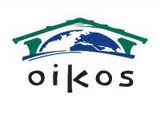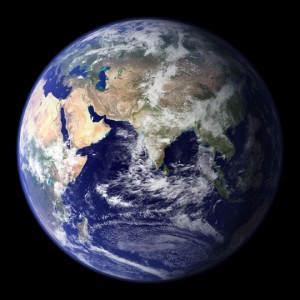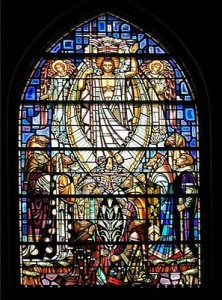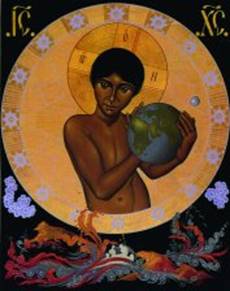The neo-classic economic worldview and the consumer society
We are consumers: Our economics inherited its worldview from religion and political theory. Religion contributed the idea of the sacredness of the individual; political theory contributed the idea of the ‘rights of man,’ or individual rights. Economics combined these ideas to create a new creature: homo oeconomicus – the human being who has the freedom to pursue his or her own personal economic interests.
But in the 18th century, when neo-classical economic theory first arose, people lived within communities. In the 21st century, most of us see ourselves as individuals. Our assumptions about human life no longer begin with a strong sense of connection with others; we see personal financial and personal fulfillment as our primary right.




